In 2023/24 we continued to be guided by our overarching goal of harnessing the power of engineering to build a sustainable society and inclusive economy that works for everyone, delivered through our three strands of activity: influencing policy and public perceptions, fostering talent and diversity, and promoting innovation.
Building a sustainable society and inclusive economy
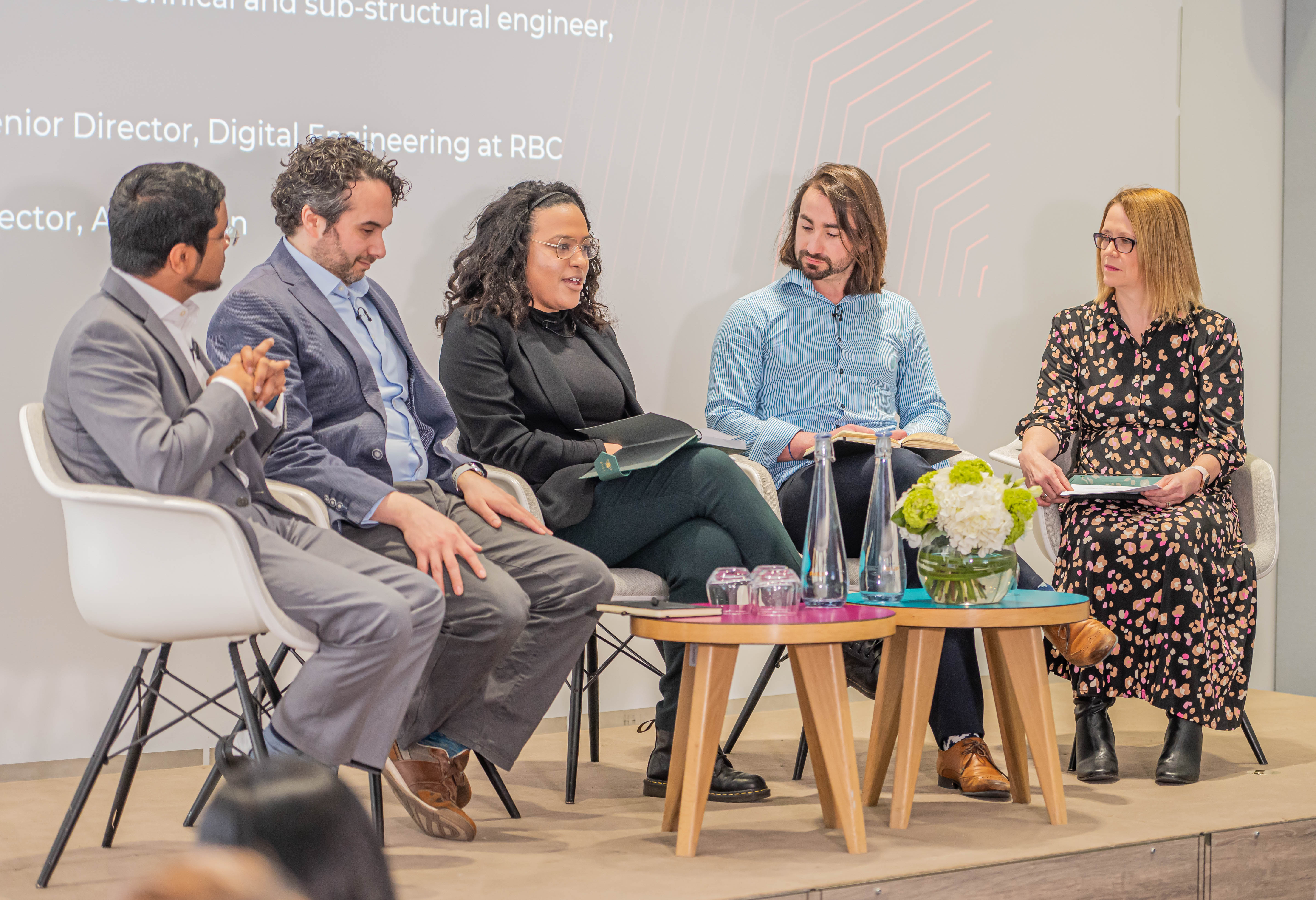
Talent and Diversity
In the face of complex, evolving and interconnected global challenges, we need more engineers and technicians than ever, with a wider range of skills and perspectives. To achieve this, the Academy’s strategic goals include helping to build an innovative, diverse and inclusive workforce fit for the future – both in the UK and internationally – and ensuring that workforce is supported in its ongoing development.
Green Future fellowships
One of 2023’s highlights came in September when then Prime Minister Rishi Sunak announced a commitment to create a new £150 million Green Future Fellowships programme to be delivered by the Academy, which will support leading engineers and scientists to develop useful, scalable technologies and solutions to help the UK and the world reach net zero and adapt to a changing climate.
Working with these talented engineers and scientists will be a unique opportunity for us to support the creation of systems and solutions to address the climate crisis.
Research Fellowships
In 2023/24, we also made 12 new awards under our Research Fellowships scheme, bringing the total number of early-career researchers supported to 100. The awards cover a range of engineering research topics, from safe storage of nuclear waste, early detection and mitigation of Alzheimer’s disease, to improving breast cancer diagnosis and water supply for communities in low- and middle-income countries.
The first MSc Motorsport scholarships were awarded to five engineering students from Black or mixed Black ethnic backgrounds.
The awardees attended a networking event at Silverstone Museum in October 2023, where they met with staff from the Academy and Mission 44, had a Q&A session with engineers from the Mercedes-AMG PETRONAS F1 Team, toured the museum and had sessions on the simulator. The announcement attracted regional and national coverage, including a feature on BBC South Today evening news.
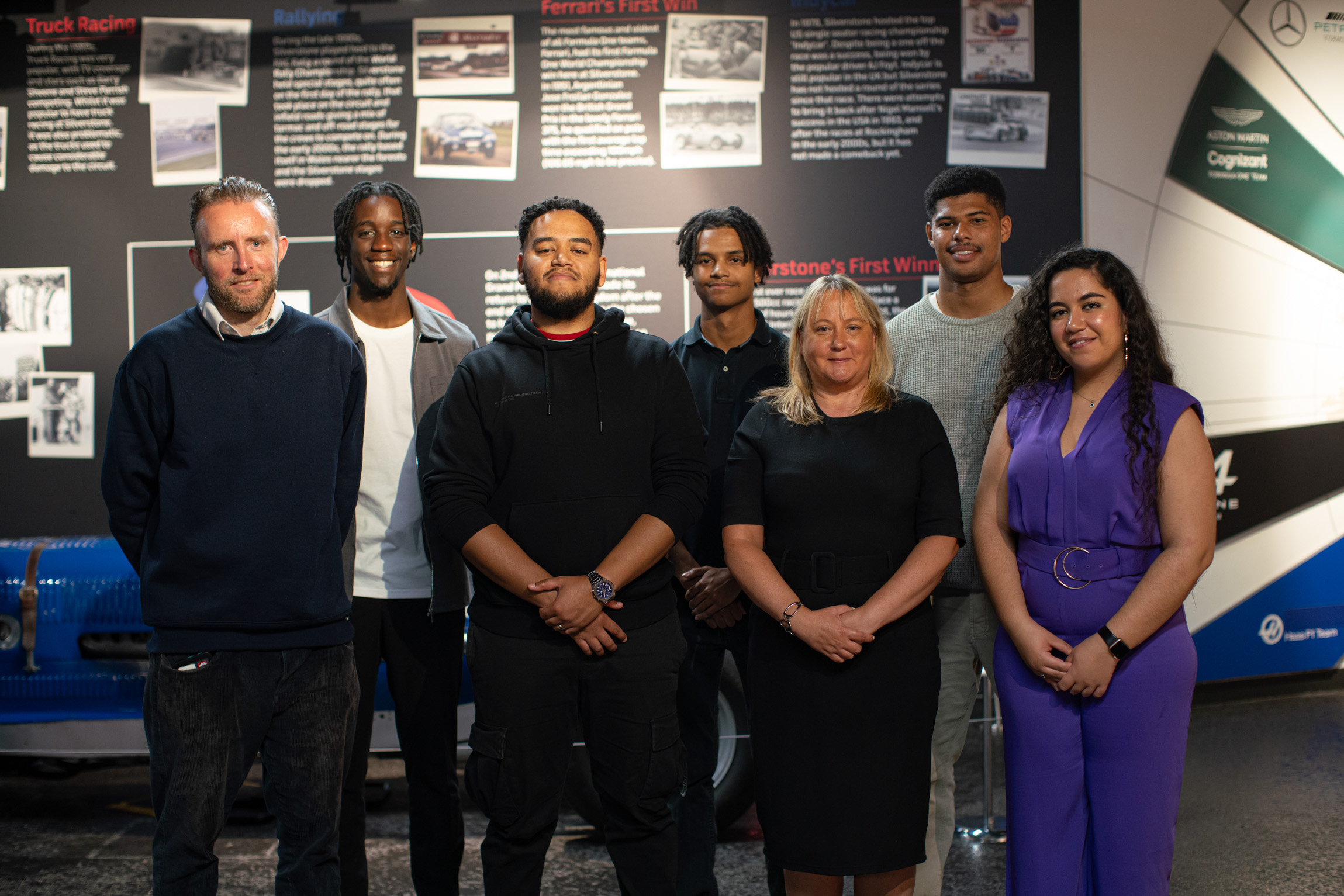
The MSc Motorsport awardees at Silverstone Museum with Stuart Rogers, the Academy’s Programme Officer for Higher Education (far left) and Lynda Mann, the Academy’s Head of Education Programmes (third from right).
In 2023, we made 28 new awards through our Engineering Leaders Scholarships programme. The programme supports undergraduates at UK higher education institutions who display the potential to become leaders and innovators in engineering. The funding can be put towards their personal development while studying, and they also have access to a mentor and an alumni community of over 300 engineers.
Over 150 awardees from different programmes joined us for simultaneous events held in Belfast, Glasgow, London, Sheffield, and online to launch the Awardee Excellence Community. The inaugural event combined keynote speeches, provocations and workshops. 100% of attendees said they would join another Awardee Excellence Community event in the future. Attendees stated that “it was great to share ideas with the other awardees” and that the regional locations “meant making local connections and having an easier overview [of the] number of attendees, which meant being able to speak with everyone”.
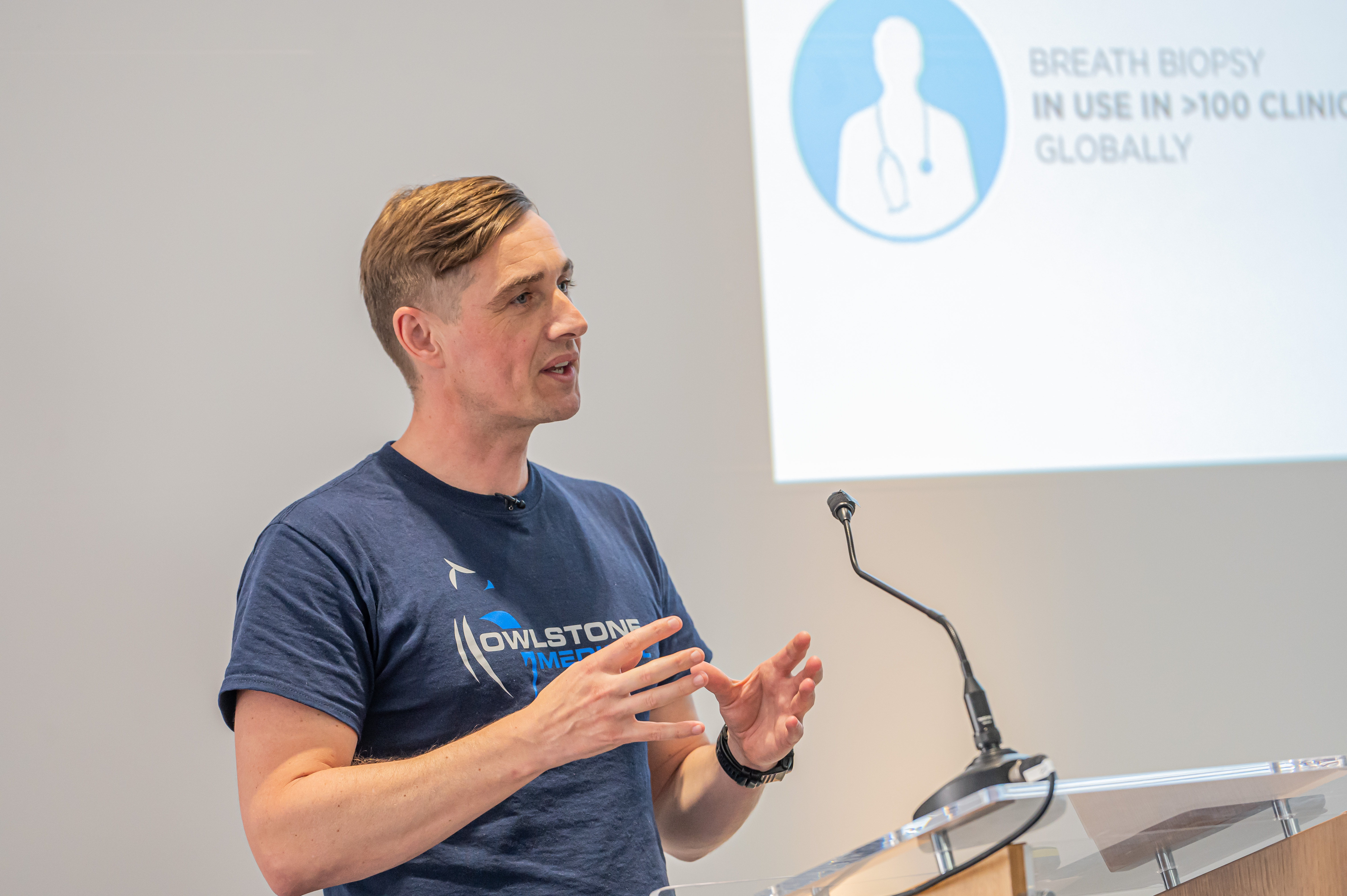
Engineers 2030
In March 2024, we launched Engineers 2030. The consultation aims to address a decades-old shortfall in appropriately trained engineers and technicians required in the UK. A vision and principles paper comprises a view of what engineers and technicians need to be in 2030 and beyond, based on consultations and evidence collected over the last 12 months.
It was launched alongside a Re-imagined Degree Map, co-created with Engineers Without Borders UK, and a Sustainability Toolkit, developed in partnership with the Engineering Professors Council and Siemens, to help academics embed sustainability into their teaching.
Innovation
Engineering innovation and enterprise have the power to improve productivity, competitiveness, public health, safety and security, as well as driving us towards a more sustainable future while delivering economic and social value for people from all parts of the UK and beyond.
We support engineering innovators to thrive and develop commercially scalable solutions, while encouraging increased and closer links between industry and academia. We do this in several ways, from supporting entrepreneurs directly and investing in research to working towards an evidence-based and supportive policy environment.
10 years of the Enterprise Hub
For 10 years, the Enterprise Hub has continuously delivered on its goal to connect exceptional talent with industry-leading expertise and investment, having established a firm foundation and a strong, distinctive offering for entrepreneurs and business leaders across the UK.
To date, it has supported nearly 400 researchers, graduates and SME leaders, who have gone on to start-up and scale-up businesses that have raised £2.4 billion in additional funding.
As well as building a rich community of entrepreneurs and business leaders, we are supporting regional development and strengthening local innovation ecosystems by establishing a physical presence in multiple locations and supporting innovators through Regional Talent Engines.
Africa Prize
In 2023, the Africa Prize for Engineering Innovation was awarded to two winners for the first time. The winners join over 140 entrepreneurs across 23 African countries, who have collectively raised over US$39 million in finance, created over 28,000 jobs, and introduced more than 470 products and services to the market in more than 40 countries across five continents. Over 10 million people have benefited from the engineering innovations and employment opportunities alumni have created.
In January 2024, we celebrated the prize’s 10th anniversary. The Academy’s Royal Fellow, HRH The Princess Royal, presented a special medal to previous winner Neo Hutiri. The medal was one of 35 anniversary grants, prizes, and accelerator programme awards, together worth over £1 million across 2023/24 and 2024/25, invested in African innovators solving key development challenges on the continent.
In early 2024, the Leaders in Innovation Fellowships (LIF) programme kicked off its 10th anniversary celebrations during in-country events for LIF Global.
The Academy established LIF in 2014 to support innovators from around the globe to commercialise lab-developed technologies that could benefit society. Since then, the programme has successfully trained and mentored over 1,400 innovators from 19 countries.
In 2020, the programme’s scope expanded to form LIF Advance, designed to support alumni scaling engineering solutions to key socioeconomic and environmental challenges. On average, each innovator who has completed the programme has created a further nine job positions and established 1.4 partnerships with organisations in the UK.

In April 2023, we hosted our inaugural ‘Innovation Incoming’ panel event on technology and the future. The wide-ranging discussion explored the potential impacts of upcoming developments in virtual and mixed reality, neurotechnology, quantum technologies, AI, and semiconductors on our future.
The same day, we launched a new policy position paper outlining the radical changes needed for the UK to purposefully harness science and technology (S&T) to secure comparative advantages in a range of areas. It featured contributions from several key players in the UK’s innovation ecosystem.
In the autumn we hosted the second Innovation Incoming on the future of clean energy technology. The evening was held in honour of clean energy pioneer Ceres Power, which won the 2023 MacRobert Award. The company’s reversible fuel cell technology can be used for power generation or to produce green hydrogen via electrolysis, which it discussed after its win with media outlets including The Times, Times Radio, BBC Radio 5 Live Wake Up to Money, and BBC Radio 4 World at One.
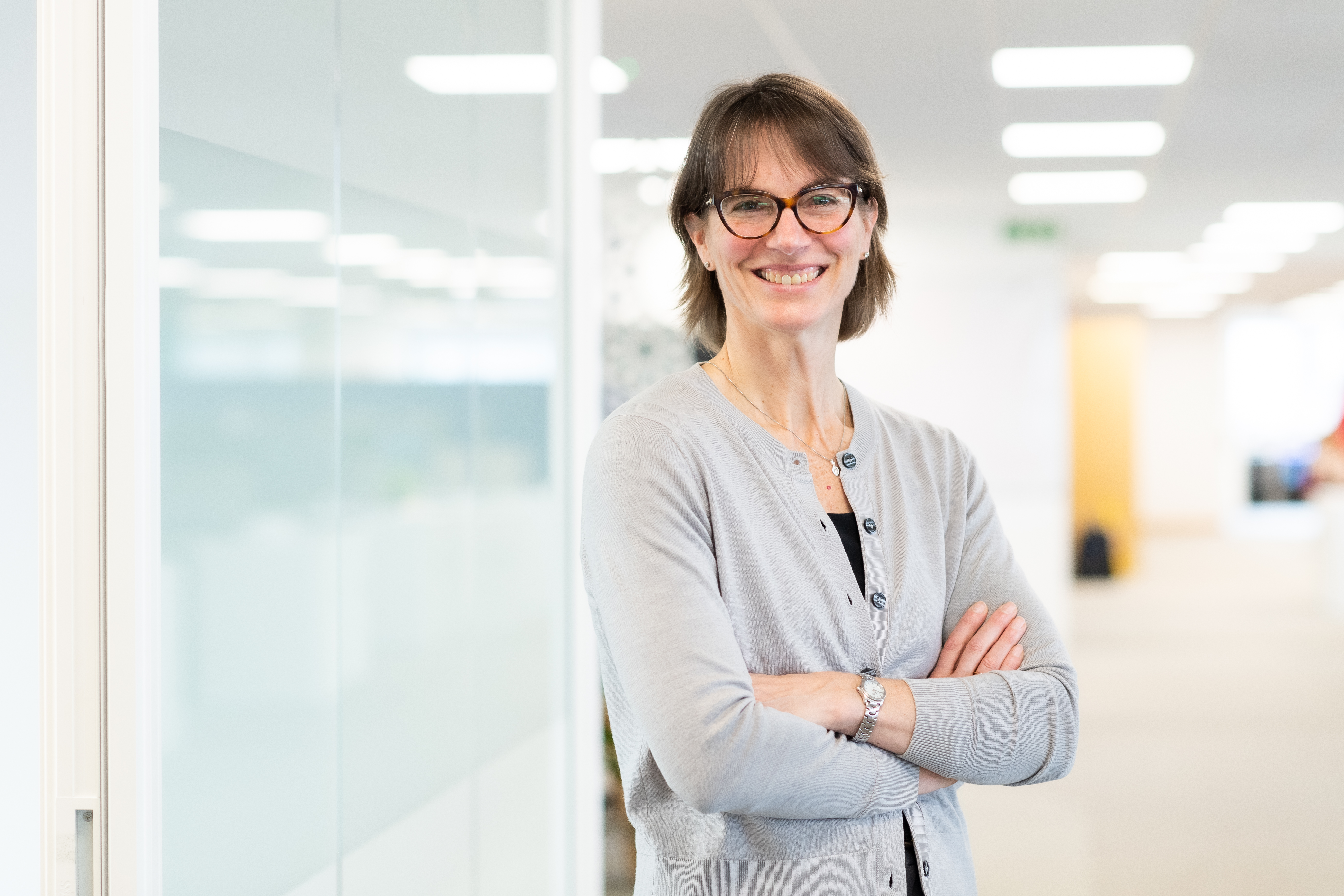
Since 2018, the Academy has invested over £100 million into the Chairs in Emerging Technologies (CiET) programme, supporting 43 global research visionaries over 10 years.
To date, 14 mid-term reviews have taken place across the country, including Glasgow, Edinburgh, Manchester, York, Oxford, Bristol, and London. The 14 CiETs that have completed reviews have raised £140 million in additional funding; supported 357 team members; created 14 spinout companies; and fostered 205 UK and 165 international collaborations.
In February 2024, UK Research and Innovation (UKRI) disclosed three funding announcements aiming to develop UK research excellence in several thematic areas that will be supported by many of our CiETs and Research Chairs. Part of the funding will see several of them lead hubs in areas including developing AI for faster, cheaper, greener, and overall, more power-efficient electronics; transforming the next generation of high voltage electronic devices using wide or ultra-wide bandgap compound semiconductors; using AI to improve healthcare; and focusing on engineered genetic control systems for advanced therapeutics.
Policy and engagement
To help drive prosperity and increase progress towards a sustainable, inclusive future, engineering expertise should be at the heart of decision-making – across government, within communities and internationally.
We aim to ensure that engineering expertise is easily accessible to policymakers and that engineers engage with wider society to increase awareness of its relevance and impact, building excitement to inspire young people to join the profession. Building international networks and collaborations is also aiding understanding of how engineers can contribute to solving complex global challenges.
Following the public launch and mass uptake of ChatGPT in 2022, in 2023 the Academy launched a series of thought leadership articles titled ‘Engineering Responsible AI’. A second set was launched ahead of the government’s AI Safety Summit in November and the series builds on recent National Engineering Policy Centre work on AI and autonomy, and its safe and ethical use. Hearing from a range of voices will be critical to realising the benefits of AI and to managing the potential risks presented in the short, medium and long term.
In March 2024, the first People’s AI Stewardship Summit was held at Enterprise Hub Northern Ireland. Members of the public shared their hopes and fears alongside experts and local stakeholders, and to reflect on how AI could be developed to benefit society. The summit brought together a mix of diverse voices with an aim to listen to what the people of Belfast want from AI, ensuring their preferences are heard as we shape the future of these technologies.
Throughout 2023/24, the NEPC and Academy have provided independent, authoritative advice to government, as well as responded to parliamentary, governmental and other consultations with an engineering dimension.
- In 2023, hundreds of UK schools and seven NHS Trusts were identified as having reinforced autoclaved aerated concrete (RAAC) that had reached the end of its engineered life. On behalf of the Cabinet Office, the NEPC hosted a roundtable to explore the wider risks and opportunities in the built environment and the implications for the ongoing response to RAAC.
- The Department for Science, Innovation and Technology commissioned the Academy to conduct an independent review of the UK’s quantum infrastructure needs.
- We published Building resilience: lessons from the Academy’s review of the National Security Risk Assessment (NSRA) methodology, which was commissioned by the Cabinet Office Civil Contingencies Secretariat..
- We initiated a project exploring the engineering interventions that can reduce exposure to human faecal pathogens in treated effluent and storm overflows. Over 60 experts attended an evidence-gathering workshop in February.
- The report from the House of Lords Communications and Digital Committee’s inquiry on large language models heavily references and cites the Academy’s submission.
- We held a bespoke systems workshop for the Scottish government on decarbonising heat in buildings.
- Through our systems approaches in government programme, we delivered seven systems 101 workshops and four systems teach-in sessions to stakeholders in central government, arms-length bodies, international partners and with our policy fellows.
Systems approaches for policy fellows
2023 marked five years since we first launched our Policy Fellowships programme. We have now supported 71 policy fellows in central, devolved and local government; arm’s length and public bodies; and other organisations such as the NHS or social change foundations.
In 2023, 16 policy fellows met 158 engineers across all disciplines in academia and industry and covered an extraordinary range of topics, from a cross-government approach to chemical and biological defence in the UK and establishing a net zero trajectory for transport infrastructure, to addressing systemic issues in child criminal exploitation.
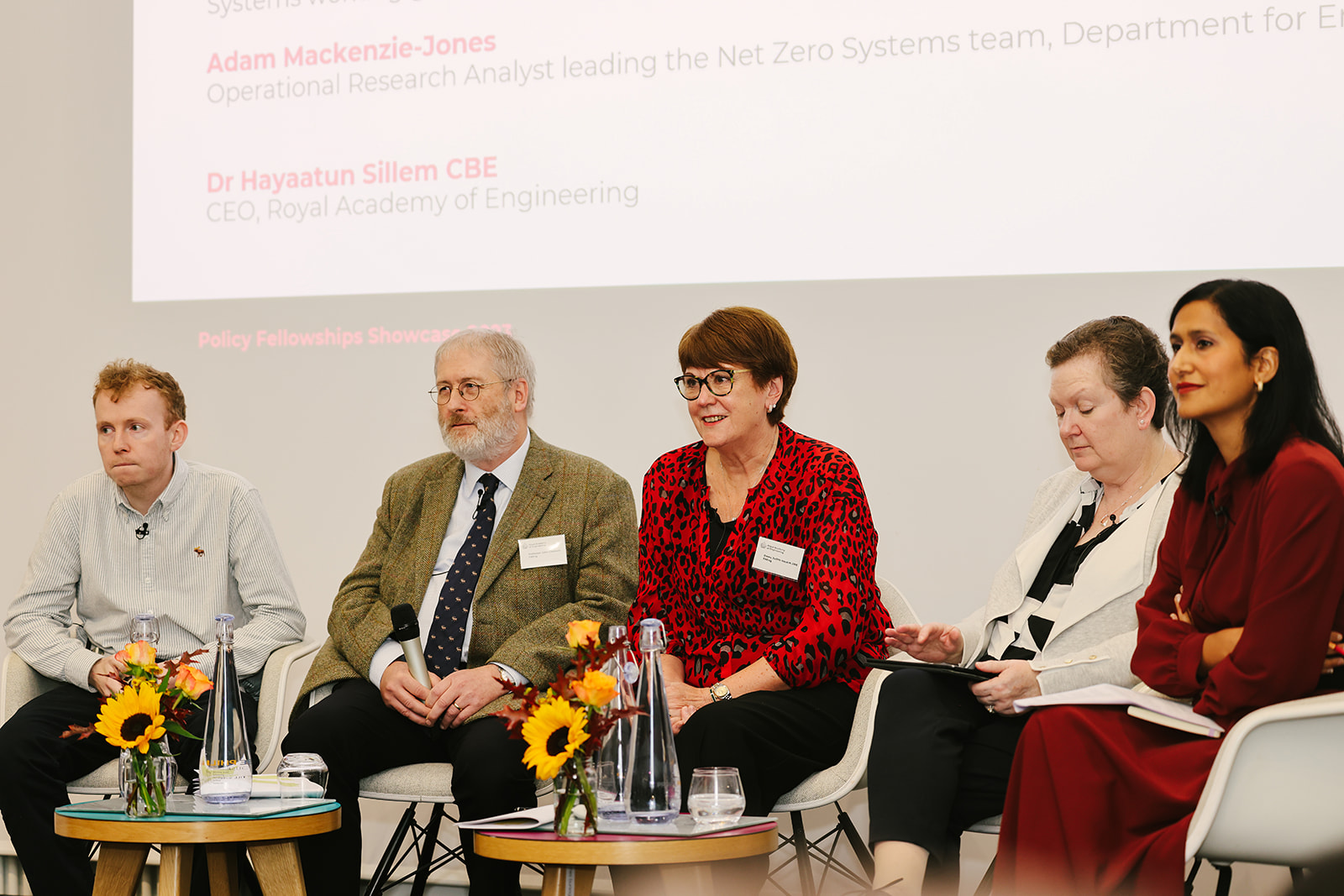
Introducing engineering to a wider audience
In 2023, the Queen Elizabeth Prize for Engineering (QEPrize) celebrated 10 years. In June, the Science Museum opened the new Engineers gallery, in partnership with the QEPrize. Aiming to reach a wider public audience, the gallery is dedicated to world-changing engineering innovations and the diverse and fascinating range of people behind them. By the end of the 2023/24 financial year, the gallery had attracted around 900,000 visitors since it opened and 63% of those were part of family groups.
In October, His Majesty King Charles III presented the 2022 and 2023 QEPrize trophies to laureates, whose innovations embody the prize’s values of being fundamental to our day-to-day lives and integral to a sustainable future. The presentation was followed by a gala dinner at the recently transformed Old War Office in London to celebrate the prize’s 10th year.
In November 2023, National Engineering Day aimed to show the nation that engineering is for everyone, while demonstrating the varied skillsets the profession can require. Public polling released on the day found that 64% of UK adults believe engineers play a vital role in addressing many of our societal challenges, including climate change, but it also uncovered outdated misperceptions, many held by young people. To bust these myths, we launched an ‘Everyday Engineering’ competition that invited anyone and everyone to submit their ideas and innovations for making our lives more sustainable. The winning entry was Eleria, a portable cleaning and sterilising case for menstrual cups.
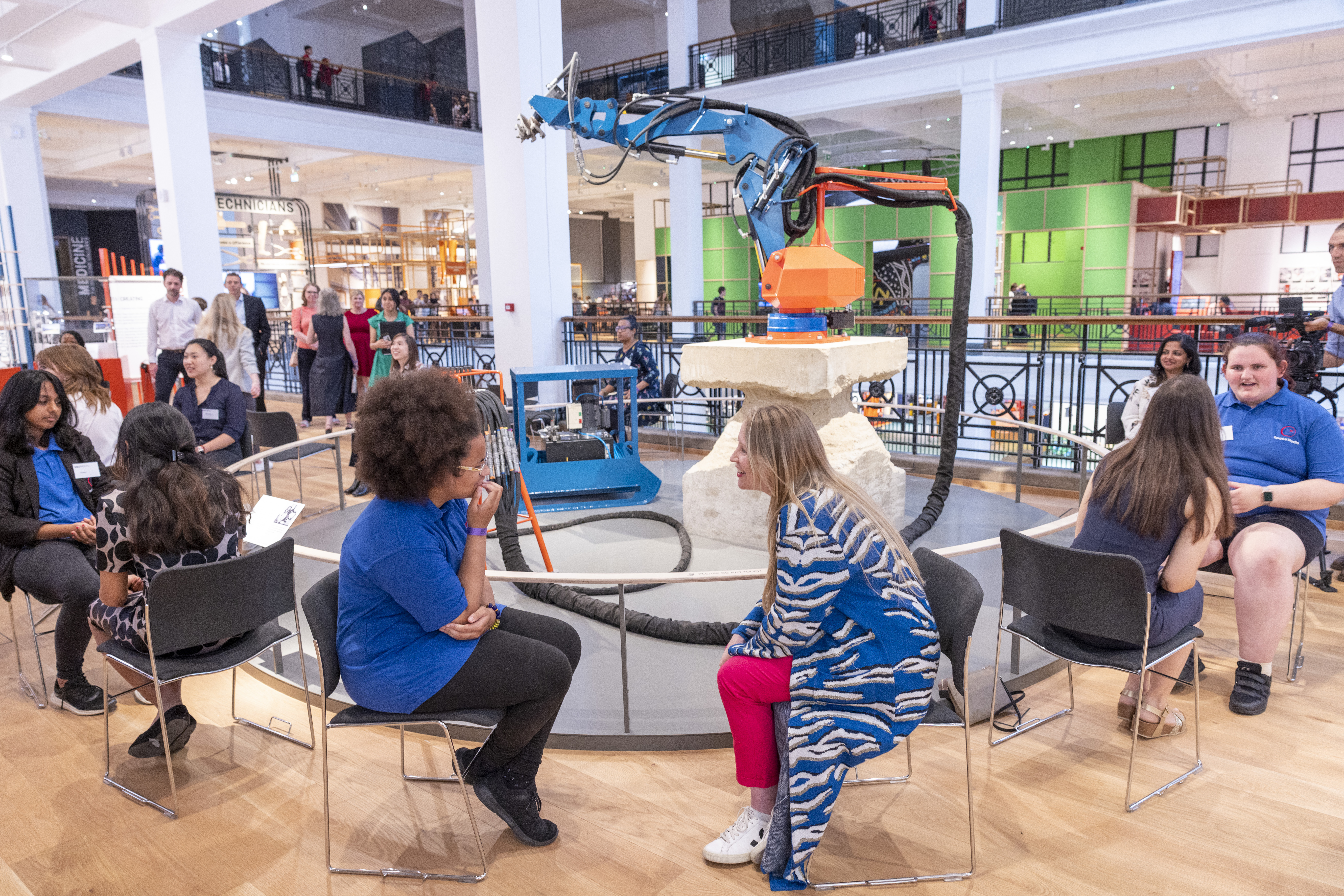
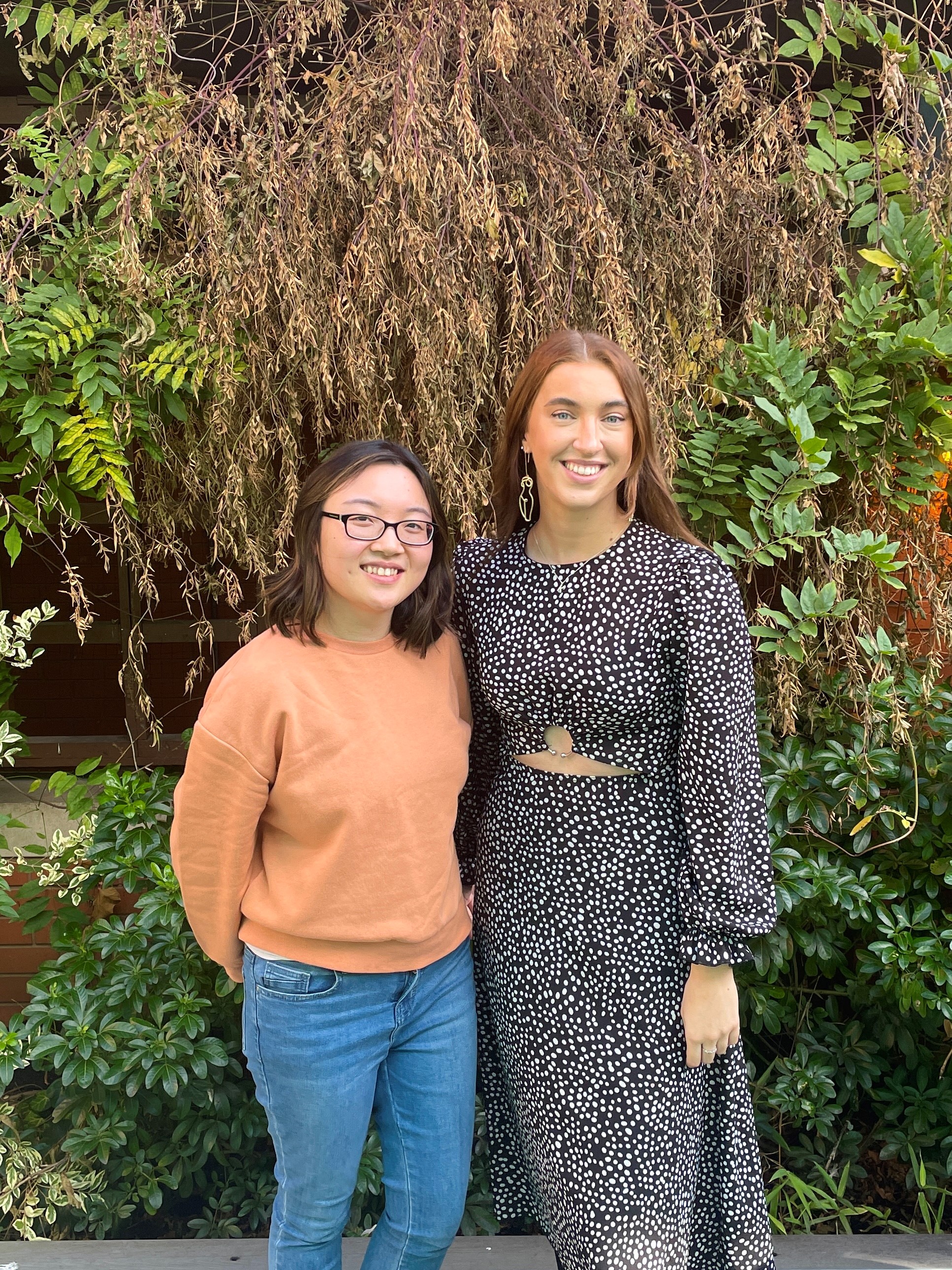
Among the day’s media highlights were BBC News covering the Bristol-based finalists, along with a series of radio interviews with Yewande Akinola HonFREng, Ana Avaliani (Academy Director of Enterprise) and Dr Rhys Morgan (Academy Skills and Inclusion Strategic Director). Academy CEO, Dr Hayaatun Sillem CBE, discussed how the green transition will fail without more engineers in a comment piece in New Scientist.
Throughout the day #NationalEngineeringDay trended in the UK on X and there were over 61 million impressions from the hashtag on X alone and over 25,000 engagements with Academy posts. Supporters also included Sir Tim Peake; Sadiq Khan; Google UK MD Debbie Weinstein; organisations including the Science Museum and Ferrari; and partners such as MBDA and Venterra.
On National Engineering Day, our first Innovation Late event took place. Targeting an audience new to engineering, he event featured interactive exhibits and speakers that would excite the general public including edible bubbles and edible seaweed packaging, levitating cocktails and robotic dogs. Almost three quarters of attendees didn’t consider themselves engineering students or professionals and 87% had never been to an Academy event before, while 61% said that it had changed their opinions about engineering. Collaborations with the Design Museum and Science Museum helped promote the event to new audiences and it received coverage in Londonist, on BBC Radio London and in other media.
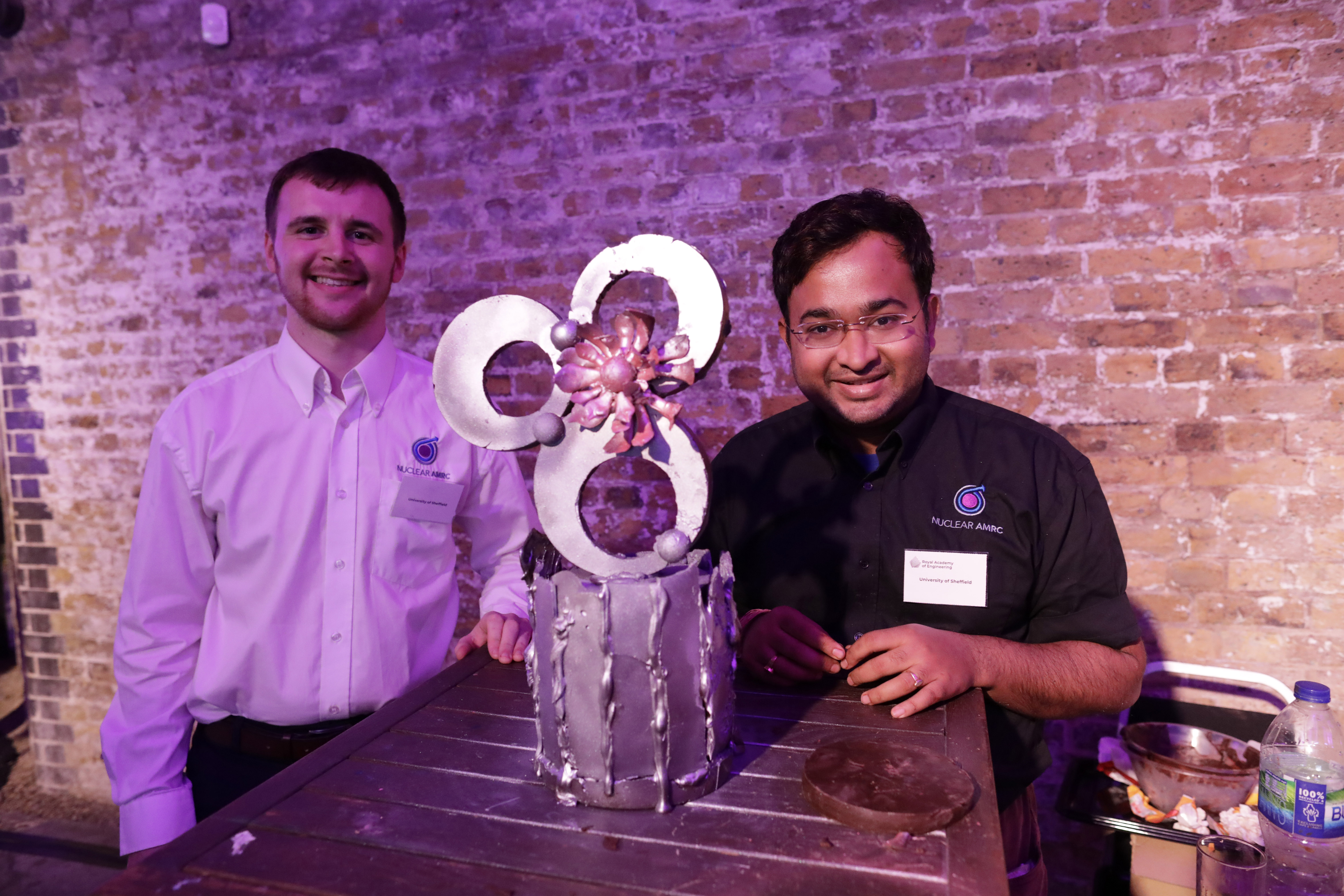

People and operations
Our credibility as a charity, National Academy and Fellowship with a mission to deliver public benefit from engineering excellence and technology innovation is underpinned by our ability to deliver.
In order to deliver on the ambitions in our strategy and to create the best experience for everyone connected to the Academy, we are working intensively to improve our operational capability and our capacity to attract, retain and engage excellent staff.
In 2023/24, key actions from the updated People Strategy started to take shape, focusing on the three central strands of employee voice and engagement, talent management, and people excellence. This strategic management of all our key people activities aims to provide an environment where individuals and teams can be successful, productive and thrive.
We have signed up to Business in the Community’s Race at Work Charter and published a report that sets out the actions and progress against each of the commitments as defined by the charter. We voluntarily report and share pay gap analysis, and for the first time in 23/24, we shared data for the ethnicity pay gap as part of our commitment to the Race at Work Charter.
At the beginning of the financial year, we set out a goal for the Academy to be perceived as a digital leader. A key element of the digital strategy is ensuring that we have the resources we need to implement and support teams through any changes to ways of working.
A Digital Programme Board, consisting mainly of Fellows and reporting to the Audit and Risk Committee, provides support and oversight to the Executive Leadership Team on the implementation of the digital strategy. An employee-led Digital Programme Group makes decisions on prioritisation of, and inclusion in, the roadmap of digital activities across the Academy.
Our Fellowship represents an unrivalled community of leading businesspeople, entrepreneurs, innovators, and academics from every part of engineering and technology. Over the past year, Fellows have volunteered an estimated 22,500 hours to support the next generation of engineers and address societal challenges.
Our Fellows elected in 2023 reflect the Academy’s ongoing Fellowship Fit for the Future initiative, meeting its aim of electing 50% from underrepresented groups. The Academy’s Trustee Board is also committed to forming a Board that is fit for the future, defined as a body that represents the full breadth and diversity of engineering excellence, as well as the skills and experiences needed to provide effective leadership for the Academy. In support of this commitment, the Trustee Board publishes its own diversity data. In September 2023, we co-opted a member of the Awardee Excellence Community as our first non- Fellow Trustee. Dr Enass Abo-Hamed became an Enterprise Fellow in 2017.







